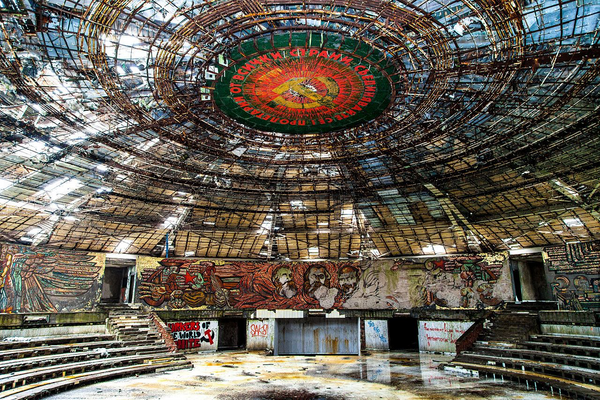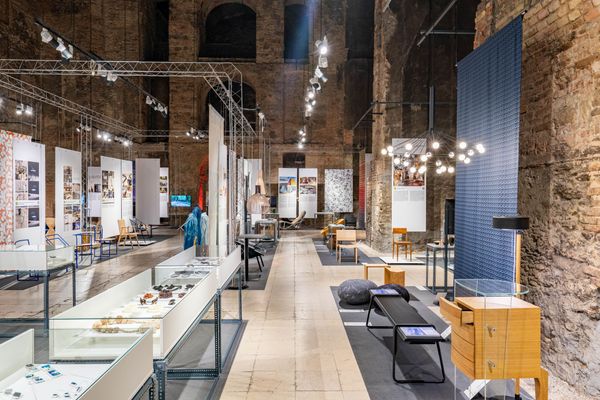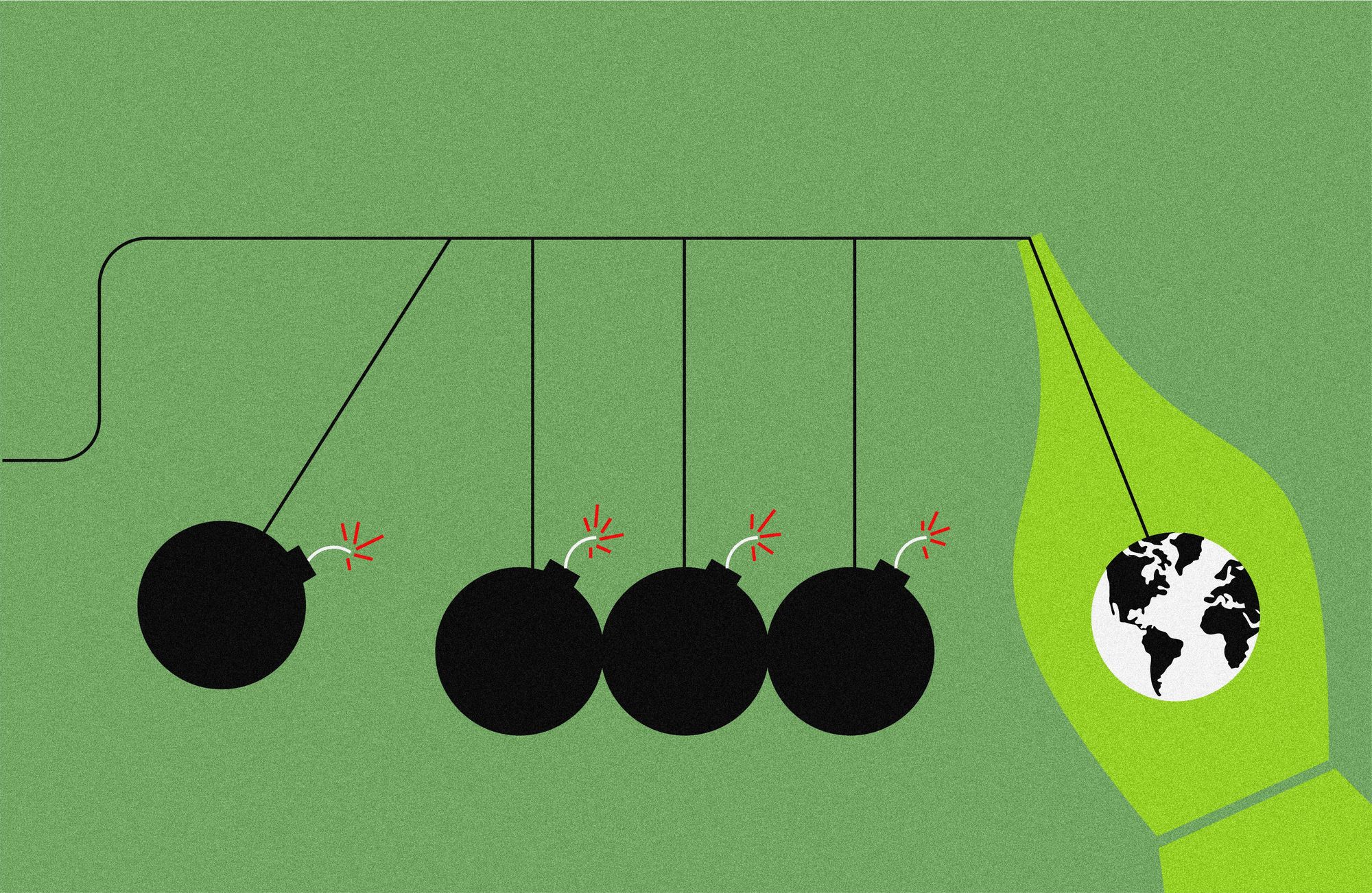Interview with David Moran, the COP26 Regional Ambassador for Europe, Central Asia about climate change in turbulent times.
Tackling global warming can only be done together. If a major country decides not to cooperate, the whole globe is put at risk. The key to these cooperations is climate change conferences, where scientists and policy makers get together in the hopes for a better future. The United Nations Climate Change Conference (COP) plays a significant role in the fight against deforestation, emission and climate change in general. We talked with David Moran, the COP26 Regional Ambassador for Europe, Central Asia, Turkey and Iran to get a better insight into the future of our planet.
The Glasgow Climate Pact was the first COP agreement to mention the biggest contributor to climate change: coal; and also oil, gas or fossil fuels in general. Your goal as a regional ambassador is to help develop regional and country level support for the COP26 objectives. We are amid a war, an energy crisis. Energy prices have skyrocketed. How do you tackle this obstacle? What can you do to ensure the success of the COP, especially in the CEE region? Is there a plan for green transition during challenging times?
The Glasgow Climate Pact was the first COP final document to include official UN language about fossil fuels and the damage that they did. It really was historic. Nearly 200 countries signed up to it. Not everyone, but several of them agreed to phase out, and every other member agreed to phase down coal. That has a massive impact. It signals the end of the era of coal. As we live in difficult circumstances, people have to make two sets of decisions: how to respond to the immediate crisis; and how to achieve net zero in the long run. My job is to help countries and people to join the two threads. What you do in the short term affects what you have to do in the long term.

Many claim that Europe is the last bastion regarding the fight against climate change, it is the only region with the strong will to achieve net zero in the next decades as opposed to heavy international actors such as the US or China. How do you reflect on that?
I can happily state that Europe is not the only bastion of climate ambition. For example, if you think of the small developing island states, they're hugely committed to climate ambition because they face an existential threat. They are part of a consensus, every vote counts, so they are important players even though their own emissions and the impact of what they do are miniscule in the scheme of things, and the message that they bring to countries and people is terribly important. On the other end of the spectrum, America does have a lot of ambition. If you look at their recent legislation, it was a big improvement on what happened in the past. And if you look at state level innovation, states like California and Oregon, they are well ahead of where the country is as a whole. They signal a great deal of ambition. And of course, in my country, the United Kingdom, the government put our ambitious pledges into law. That's why I think that the camp of ambitious countries is quite numerous.
In terms of Europe reaching their goals, the "Fit for 55" is an ambitious package. For it, the Green Deal offers a very good pathway. Countries still have to agree to "Fit for 55". Some of them will be more ambitious than the average, some might lag a little behind, but overall, what the EU has to achieve is a way to hit the overarching goal. And most important of all, everyone has to be consistent with the Paris Agreement's temperature goal of not reaching more than 1,5 degrees of global warming by the end of the century. How do we achieve that in a difficult time? For a start, the transition away from fossil fuels to clean energy is already happening anyway. Many countries are ahead of the game. Many corporates want to transition to clean energy because it's good business, and huge sections of the community, including young people, firmly believe in going down the green route. Considering that net zero is the answer to many of our challenges, we have to see that green transition is not an obstacle, but the actual road.

The deputy CEO of Bayer said that if you are not going green, you are not going anywhere. Regarding the private sector, it is of course a huge opportunity. But in the scale of states, it is a different case. In the energy mix of Poland, coal is the primary source. The Hungarian government decided to mine more coal this year amid the energy crisis caused by the war. How can you encourage governments to be more conscious as they are elected every four years, they might not have 40-year goals?
We spent a lot of the UK's COP Presidency talking about coal with governments, including ones in the EU. One of the vehicles that we used was a scheme called Powering Past Coal Alliance. It's a network, a tool to use with each other and with other stakeholders. There are countries that want to move away from coal but can't, because the alternatives are not immediately available. This network provides countries with ways to communicate with each other. This is specifically tailored to help them meet their net zero targets. Most importantly, every country who signed up to the Glasgow Climate Pact – almost every country on earth- has committed to phasing down coal, and to reviewing its plan for cutting emissions.
I talk to countries not just in Europe, but in Central Asia, other parts of the world with heavy use of coal. They're interested in transition. They know it won't happen instantly, but they want to know the benefits of it. I tell them that it's better health, and economically more profitable. If you invest in coal, you risk having stranded assets within a decade. The health and social benefits of renewables are growing greater every day.

The coronavirus and the ongoing war divide the world, it seems as if our perception of globalism is worsening by the day. What happens if countries won't collaborate? It is not hard to imagine countries that politicise climate change. Can we as a species only end global warming by collaborating, is stopping climate change impossible in a world which is divided into minor regions?
I think we can overcome most difficulties. Last year was not a perfect peaceful year. And the world has been a difficult place since the war began. Each time we had a successful COP- for example the Paris or Glasgow ones-, we found a way to overcome obstacles, differences, and work together for the common interest. Public pressure played a large part. Everybody in the negotiating room in Glasgow was aware of the wishes of people of all ages, of indigenous communities, of all parts of the world. This is not something where you go for the lowest common denominator. This is not something where you play politics in the traditional way. This is where we focus on saving the planet for us and for the future generations.
In Glasgow countries committed more money to fighting climate change, not enough yet but significant commitments, particularly from the private sector, which is responsible for asset worth trillions of dollars. And trillions are what we will need. There's more money for adaptation, protecting nature, adapting to the impact of climate, and a commitment to double climate finance. That's historic. It's the first time that there's been specific pledges of finance for adaptation.
I believe that even in places like Russia, there are good people working to move the climate agenda forward. Even the midst of a war, there are great people in Ukraine too to tackle climate obstacles. In every country in the world, there will be people who want a voice, have a voice, and will use it.
David Moran was hosted by Mathias Corvinus Collegium, Budapest.
Graphics by Pisla Réka

Sneaking into the past: the heyday of urbex in Eastern Europe

Extraordinary museums in Prague | TOP5










